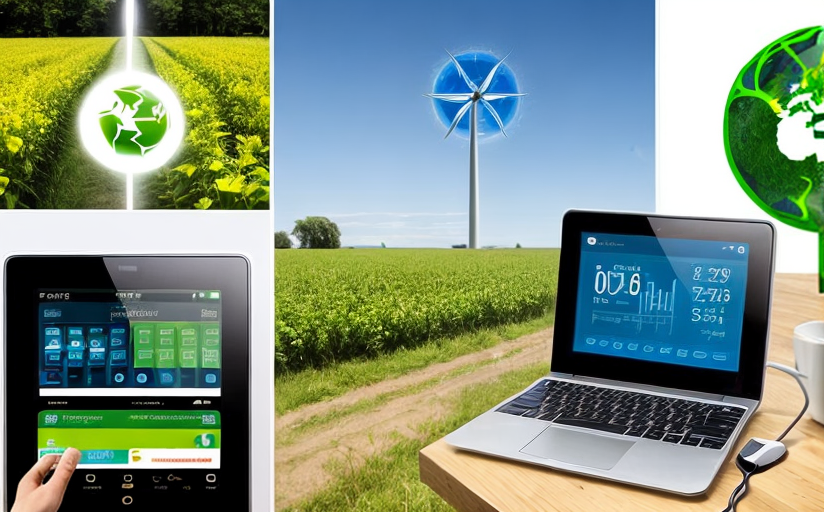Influence of Digital Technology on Sustainable Living
Considering the current environmental concerns and the urgent need for a healthier living environment, we can no longer underplay the contribution of technology towards promoting sustainable living. Digital technology, in particular, has greatly advanced the pace of sustainability efforts, inventing numerous incredible solutions that directly enhance our quality of life.
Enhancing Energy Efficiency
Technology is revolutionizing energy efficiency on many fronts. For instance, smart grids and smart meters provide real-time energy usage data to both utility providers and consumers, helping curb energy wastage by optimizing usage. Furthermore, the Internet of Things (IoT) has become instrumental in managing and controlling energy consumption. IoT devices such as smart thermostats, automatic lighting systems, and energy-efficient appliances can adjust power use based on need, thereby reducing energy wastage.
Minimizing Waste Production
Digital tools are at the forefront of waste reduction efforts. One such technology is 3D printing, which minimizes waste production by using exact quantities needed for production. Bioinformatics is another area where technology is reducing waste by facilitating precision agriculture, thereby minimizing the overuse of fertilizers and wastage of crops.
Conserving Natural Resources
Remote sensing technologies, like satellites and drones, are enabling scientists to monitor and manage natural resources effectively. They provide vital data about soil health, forest cover, and water resources that help policymakers devise effective conservation strategies.
Leading Tools and Platforms
Innovative platforms like blockchain are leading the sustainability charge by ensuring transparency in transactions and reducing carbon footprints. Also, AI (Artificial Intelligence) and machine learning are improving predictive models for weather forecast, pollution levels, water management, and energy use.
Potential Future Advancements
Virtual and Augmented Reality (VR/AR) hold significant potential in promoting sustainable practices. They can be used to educate the public about the impact of their actions on the environment in a realistic yet safe setting. Sustainable farming could also greatly benefit from precision agriculture technologies, which use AI and machine learning to optimize fertilizer, water, and pesticide usage.
In conclusion, the interplay between digital technology and sustainable living is proving immensely beneficial. With continued technological advancements, one can look forward to a future where sustainable living is a reality rather a mere aspiration.


















Comments
Leave a Comment